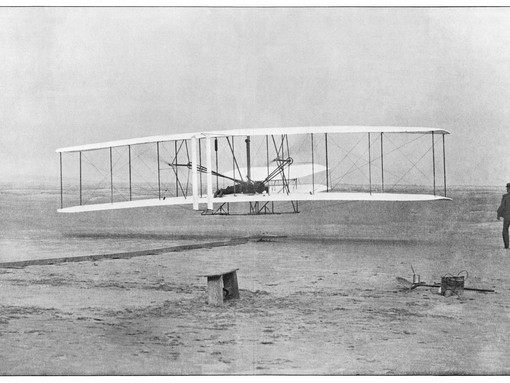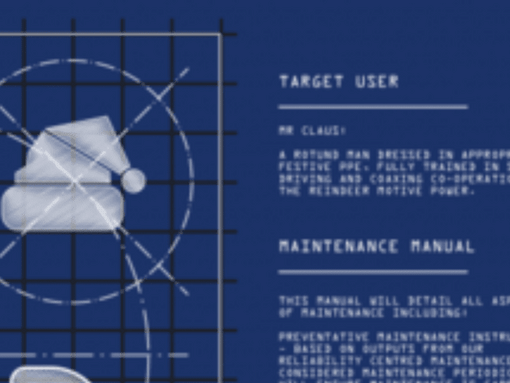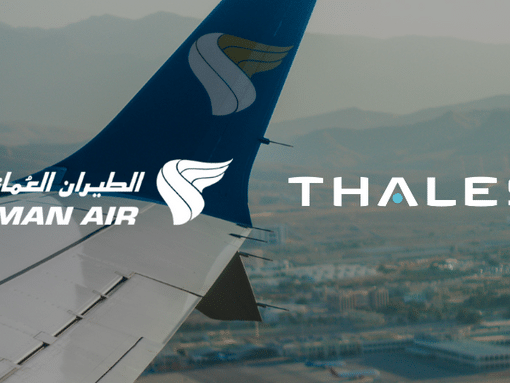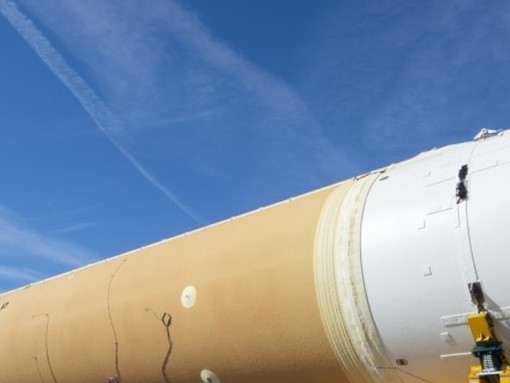
What types of security clearance will I need for a job in aerospace?
What types of security clearance will I need for a job in aerospace? Well, when applying for a job in aerospace, you may be asked for security clearance as part of the role requirements. Security clearance is needed for jobs that involve working with sensitive data, high-profile personnel and establishments and is undertaken by a company through government agencies. There are four levels of security clearance in operation, depending on the company, project and sector.

BPSS (Baseline Personnel Security Standard)
BPSS is a pre-employment check which usually takes around one or two days to complete. It helps employers assess the trustworthiness and reliability of a candidate. Using the Police National Computer, the BPSS will check a candidate’s criminal record and if they have any unspent convictions. This form of security clearance is usually conducted for military and armed forces roles.
SC (Security Clearance)
SC is the most common vetting process for aerospace jobs, and can be applied for online. To gain SC clearance, candidates will usually have to have been a UK resident for at least five years, and will need to complete a number of stages, such as:
BPSS check
Departmental/company records check
Security questionnaire
Criminal record check
Credit reference check
Security service check
Security Clearance is valid for five years for contractors or 10 years for permanent employees, and is necessary for roles that offer access to secret assets.
CTC (Counter Terrorist Check)
This form of security clearance prevents candidates linked to terrorist organisations or those vulnerable to pressure from such groups from handling sensitive data. Usually, CTC clearance is required for roles that involve working closely with public figures and dealing with material or establishments that are at risk of terrorist attacks. To gain clearance, a candidate has to complete the following stages:
Departmental/company records check
Security questionnaire
Criminal record check
Security service check
CTC takes six months to complete and is valid for three years.
DV (Developed Vetting)
Developed Vetting is the most stringent and extensive form of security clearance, necessary for jobs within aerospace, defence and the government. The process is tailored to the job requirements, company and sector – unlike other clearances. To gain approval, candidates have to have been a UK resident for 10 years, and cover all the below stages:
BPSS
Criminal record check
Departmental/company records check
DV questionnaire
Credit reference check
Security service check
Review of personal finances
Medical and psychological information check
Interview with a vetting officer
Interviews will be carried out with character references, previous supervisors and if necessary, friends and employers may be contacted. If approval is given, candidates could expect follow-up monitoring. There isn’t a set period this clearance is valid for; instead, each one will be individually assessed and a review will be required after a set period of time.
How do I get security clearance?
To gain security clearance, a candidate has to be sponsored by a ‘List X’ site – a non-government facility with access to sensitive information marked as confidential or above. This also applies to candidates working for a company subcontracted by a List X site.
For aerospace jobs that require security clearance, the type of vetting should be specified on the application.
Ready for a new role? Search our latest aerospace job listings.
















